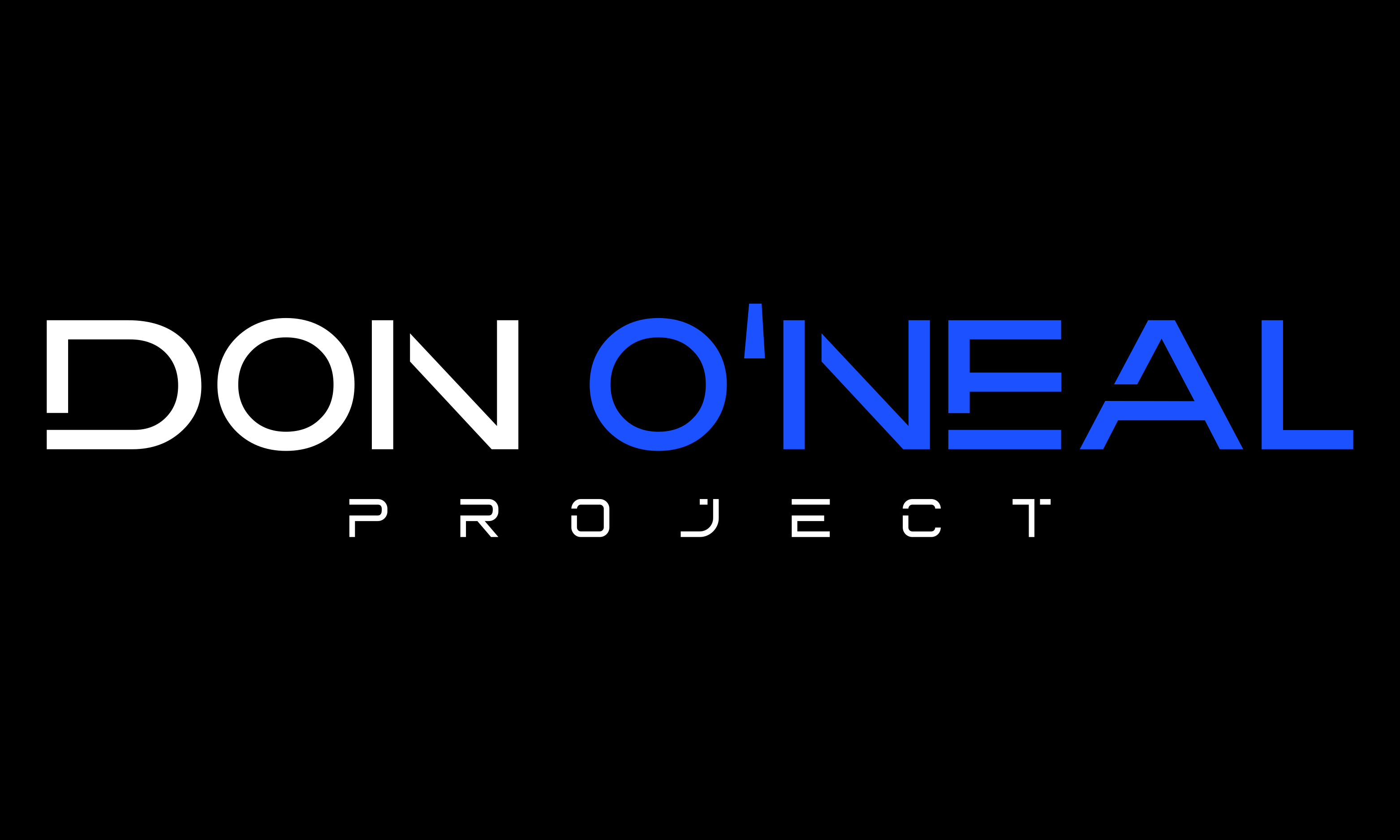In today’s fast-paced world, the concept of self-reliance has emerged as a beacon of empowerment, encouraging individuals to cultivate their independence and resourcefulness. Self-reliance is not merely about being self-sufficient; it encompasses a mindset focused on personal responsibility, critical thinking, and the drive to solve problems autonomously. By embracing self-reliance, individuals can build resilience and achieve their personal and professional goals, leading to a more fulfilling life.
Understanding Self-Reliance
Self-reliance is the ability to rely on one’s own capabilities and judgment. At its core, it promotes a sense of independence while encouraging individuals to develop a range of skills necessary for navigating life’s uncertainties.
The Philosophy Behind Self-Reliance
- Philosophical Origins: The term is often associated with Ralph Waldo Emerson, whose essay “Self-Reliance” advocates for individualism and trust in one’s intuition.
- Empowerment: A self-reliant individual feels empowered to pursue their goals without excessive dependence on others.
- Adaptability: Cultivating self-reliance enables one to adapt to challenges and changes more effectively.
Importance of Self-Reliance in Modern Life
- Improves Problem-Solving Skills: Encourages critical thinking and innovative solutions.
- Economic Independence: Enables individuals to achieve financial stability through entrepreneurship or skilled trades.
- Emotional Resilience: Builds mental strength to cope with stress and setbacks.
Key Components of Self-Reliance
To cultivate a successful practice of self-reliance, several key components play a vital role. Understanding these components can help you develop a more self-sufficient lifestyle.
Self-Education
- Continuous Learning: Commit to lifelong learning through courses, books, and online tutorials.
- Skill Development: Focus on acquiring practical skills, such as cooking, financial management, or DIY home repairs.
For example, learning how to manage your finances effectively can lead to greater economic independence and better decision-making regarding budgeting, saving, and investing.
Resource Management
- Time Management: Use tools and techniques (like time-blocking or the Pomodoro technique) to make the most of your time.
- Financial Literacy: Understand your income, expenses, and savings to make informed financial decisions.
- Utilize Local Resources: Become familiar with community resources, workshops, and local markets to enhance your self-reliance.
Building Self-Reliance
Embarking on a journey towards self-reliance requires intentional steps and consistent effort. Here are effective strategies you can employ:
Set Achievable Goals
- Short-Term Goals: Identify small milestones that can lead to your larger objectives.
- Long-Term Vision: Outline where you want to be in the future and create a roadmap to reach those goals.
For instance, if your goal is to achieve financial independence, start by creating a budget, then gradually increase savings and explore investment opportunities.
Developing a Growth Mindset
- Embrace Challenges: View obstacles as opportunities to learn and grow.
- Stay Curious: Maintain an inquisitive nature that encourages exploration and creativity.
- Reflect on Experiences: Regularly assess what you’ve learned from your successes and failures.
Challenges to Self-Reliance
While self-reliance offers many benefits, it is not without its challenges. Acknowledging these can prepare you to navigate them effectively.
Overcoming Psychological Barriers
- Fear of Failure: Understand that failure is a part of growth; use it as a stepping stone.
- Perfectionism: Strive for progress rather than perfection to avoid feeling overwhelmed.
External Factors
- Social Support: While self-reliance encourages independence, recognizing when to seek help or advice is crucial.
- Economic Conditions: Understand that external economic factors can influence your path to self-reliance.
Conclusion
Self-reliance is an invaluable asset in navigating the complexities of modern life. By fostering independence through self-education, effective resource management, goal setting, and a growth mindset, individuals can cultivate a more fulfilling and enriching life. Embracing the challenges that come with self-reliance only strengthens your resolve and capacity to adapt to change. As you embark on this journey, remember that each step taken towards self-sufficiency brings you closer to achieving your personal and professional aspirations.



